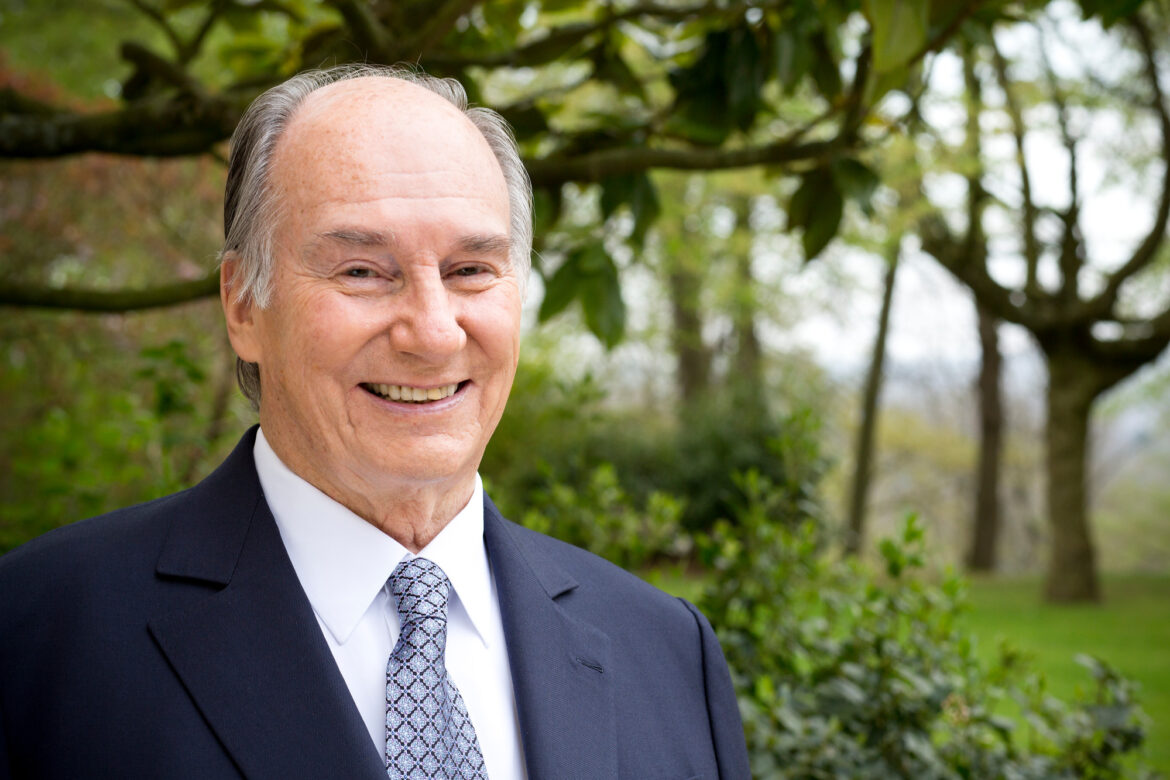By AFP
Paris: The Aga Khan, imam of the Ismaili Muslims and head of a major development aid foundation, died Tuesday in Lisbon at the age of 88, his foundation announced.
“His Highness Prince Karim Al-Hussaini, Aga Khan IV, 49th hereditary Imam of the Shia Ismaili Muslims and direct descendant of the Prophet Muhammad (peace be upon him), passed away peacefully in Lisbon on 4 February 2025, aged 88, surrounded by his family,” the Aga Khan Development Network said.
“The announcement of his designated successor will follow,” the foundation added in a post on X.
Present in multiple countries, notably in central and southern Asia, Africa and the Middle East, the Ismaili community numbers 12 to 15 million, according to its website.
The Aga Khan Development Network has announced that the process of selecting his successor will follow shortly.
Leaders and staff of the network have offered their condolences to the family of Prince Karim Aga Khan and to the Ismaili community worldwide.
In a post on X, Aga Khan Development Network stated, “As we honour the legacy of our founder, Prince Karim Aga Khan, we continue to work with our partners to improve the quality of life for individuals and communities across the world, as he wished, irrespective of their religious affiliations or origins.”
The Aga Khan Development Network (AKDN) is dedicated to improving the quality of life of those in need, mainly in Asia and Africa, as per its description on the official website.
The Development Network works in over 30 countries around the world and currently operates over 1,000 programmes and institutions – many of which date back over 60 years, and some over 100.
The AKDN has approximately 96,000 people, the majority of whom are based in developing countries. The annual budget for non-profit development activities is approximately $1 billion.
According to the AKDN official website, the economic development arm, the Aga Khan Fund for Economic Development, generates annual revenues of $4 billion, but all surpluses generated by its project companies are reinvested in further development activities, usually in fragile, remote or post-conflict regions.


